The main component of the crude oil extracted from vegetable oilseeds is fatty acid glycerin, commonly known as neutral oil, and also contains a small amount of free fatty acids, phospholipids (gelatin), colored components such as chlorophyll, carotenoids, CC
The main advantages of using membrane technology to refine vegetable oil:
■Energy saving: The traditional refined oil method consumes a large amount of energy, and the membrane separation method can save 30%-40% of the process energy consumption compared with the traditional refining method;
■Reducing the loss of neutral oil: eliminating the degumming process and reducing the amount of white soil required for the replacement of bone color and the loss of neutral oil occluded by soap feet and white soil can be reduced by about 80%;
■Reducing environmental pollution: eliminating alkali refining; No need to re-acidify, eliminating the waste water that occurs during deacidification, acidification and water washing. Because the membrane process removes most of the color components, the amount of clay in the bleaching process is reduced by at least 50% and also reduce the amount of waste clay treatment;
■ Suitable for physical refining: For high phospholipid content soybean oil, the phospholipid is micelleized in the solvent and becomes thick and not suitable for physical refining, but the phospholipid content in the oil is low after membrane separation. Therefore, the physical refining method can simultaneously perform deacidification, deodorization, and decolorization treatment, thereby greatly improving the quality of the oil.
To learn more about the application of JIUWU HI-TECH Membrane Technology in the desalination of grain fats, please visit https://www.jiuwumembrane.com/application/.
 Application Of Ceramic Membranes In Wine Industry And Its Application Prospects
01 Feb 2019
Application Of Ceramic Membranes In Wine Industry And Its Application Prospects
01 Feb 2019
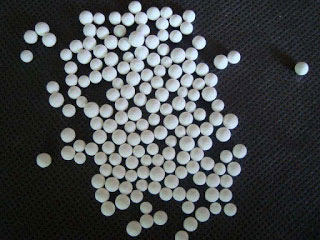 Ceramic Membrane For Traditional Chinese Medicine Production And Plant Extraction
05 Feb 2019
Ceramic Membrane For Traditional Chinese Medicine Production And Plant Extraction
05 Feb 2019
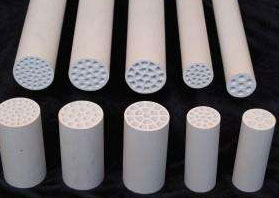 Application Of Ceramic Membrane Equipment In Transformer Oil And Gas Separation
12 Feb 2019
Application Of Ceramic Membrane Equipment In Transformer Oil And Gas Separation
12 Feb 2019
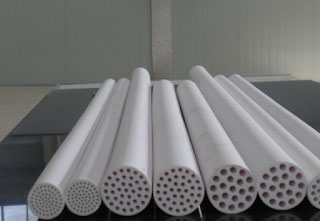 Ceramic Membranes Are Used In The Automotive Field Due To Their Good Performance
27 Jan 2019
Ceramic Membranes Are Used In The Automotive Field Due To Their Good Performance
27 Jan 2019


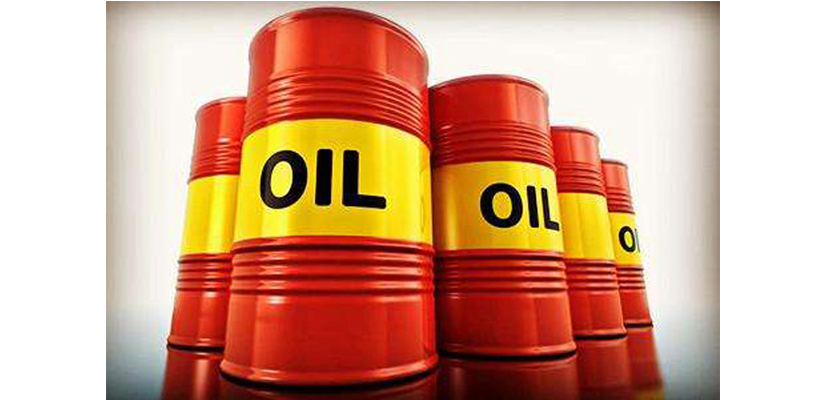
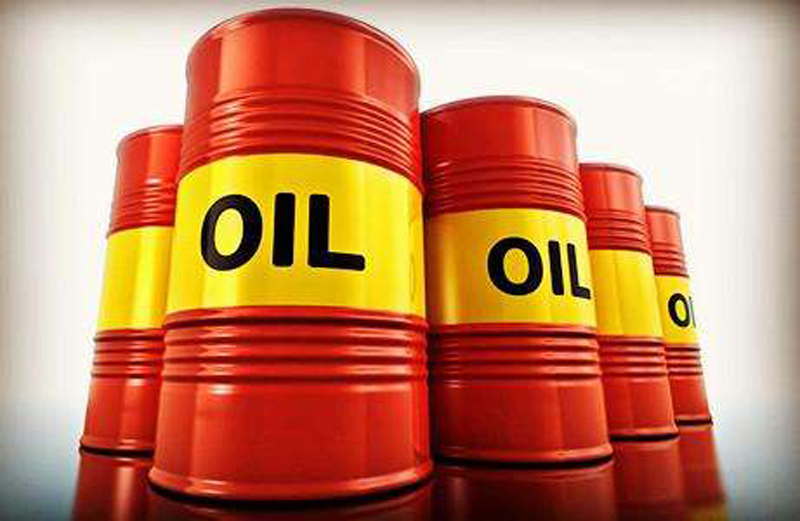
 +86-25-58849045
+86-25-58849045 
 No. 9 Yuansi Road, Pukou, Nanjing, Jiangsu, China 211808
No. 9 Yuansi Road, Pukou, Nanjing, Jiangsu, China 211808